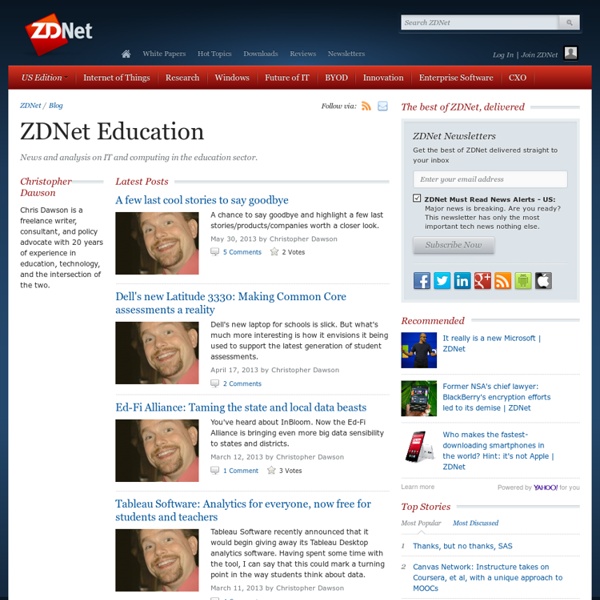



77 Educational Games and Game Builders I'm often asked if I know of any games for subject "x," "y," or "z" for a particular grade level or age group. My answer is usually yes, but I need to search my archives. Therefore, I've gone through my archives and dug up many of games that I've mentioned over the last four years that are still active online. Consider this my humongous list of educational games. 1. 2.Spin and Spell has been featured on a number of blogs over the last year. 3. 4. 5. 6. 7. 8. 9. 10. 11. 12. 13. 14. 15. 16. 17. 18. 19. 20. 21. 22. 23. 24. 25. 26. 27. 28. 29. 30. 31. 32. 33. 34. 35. 36. 37. 38. 39. the World Food Programme's website offers students a large selection of educational online games and activities. 40. 41. 42. 43. 44. 45. 46. 47. 48. 49. 50. 51. 52. 53. 54. 55. 56.
eFace Today Teacher Reboot Camp Box of Tricks - Technology and Education 8 Word Cloud Makers for teachers A word cloud is an attractive way of visualising a large chunk of text in a more pleasing way. It shows the most frequent words used throughout the text. The larger the text, the more commonly it was used. It’s a good way of seeing which words are used the most in any piece of writing. Here are just a few ideas on how you could use Word clouds in the classroom: Guess the book – works great when you have access to the text of famous books via sites such as Project Gutenberg.Use to introduce a topic – pupils could guess what they will be learning about from a word cloud made of keywords.Comparing different newspapers – look at the same story in a Broadsheet and a tabloid newspaper (website) and compare the wordle clouds produced – how do the words used differ? Here are some more ideas for using word clouds in the classroom. There are many different websites available that will let you create your own word clouds, here are 8 of them: 1. 2. 3. 4. 5. 6. 7.
Technology Tidbits: Thoughts of a Cyber Hero The Flipped Class Blog David Wicks: Educational Technology JeffLebow.net How to Learn Spanish Online for Free Educational Technology Guy Blog | The Magic of Learning Remote Scavenger Hunt We are heading into our third week of social distancing, school closures and “shelter at home&... We are in the Midst of... Are you aware that we are in the middle of making history? It is March of 2020. We are living throug...